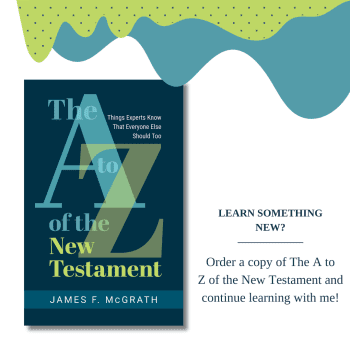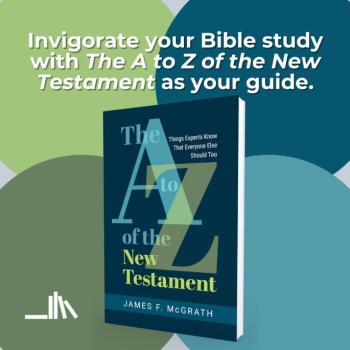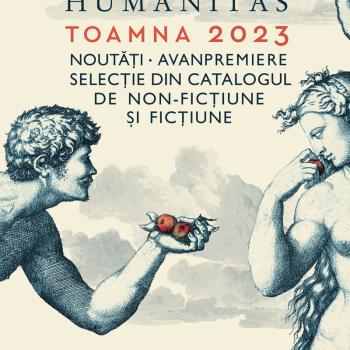Larry Hurtado has a post about the group of scholars who have come to refer to themselves in humorous fashion as the “Early High Christology Club.” The post includes this delightful story which Larry told me and some others at dinner one evening at SBL in Chicago:
An incident often cited subsequently took place after an annual meeting of the “Divine Mediators in Antiquity Group” that featured invited presentations from James D. G. Dunn and Maurice Casey (who each took somewhat different views on the origins of “high Christology,” both of them tending to see it as a somewhat later development). After the meeting concluded, Dunn and Casey joined Capes, Hurtado, Newman and Segal for dinner at a Greek restaurant. After Segal (who spoke modern Greek) ordered for the group and wine was poured, Newman (with characteristic mischief) proposed a toast “To early high Christology.” Capes, Hurtado and Segal raised their glasses, while Dunn and Casey hesitated. After a few seconds, Dunn raised his glass with a smile saying, “To high Christology”, and after a few more seconds Casey (with a twinkle in his eye) raised his glass toasting, “To Christology”. (At some point thereafter, Newman in good-natured teasing proposed that Dunn and Casey be accorded leading status in an affiliate group, “The Late, Low and Slow Club” of early Christology.)
It is great that scholars can be good humored about their disagreements. For those readers interested in Christology, how do you view the origins and development of Christian thinking about Jesus? Was he accorded a status that could be considered “divine” early on, and if so, in what sense? Was it a status that it was theoretically acceptable for a human being to occupy in Jewish thought in that time? If this developed over time, what do you think caused the development?
My own views on this topic can be found in my books, The Only True God: Early Christian Monotheism in Its Jewish Context and John’s Apologetic Christology: Legitimation and Development in Johannine Christology (Society for New Testament Studies Monograph Series)
.












